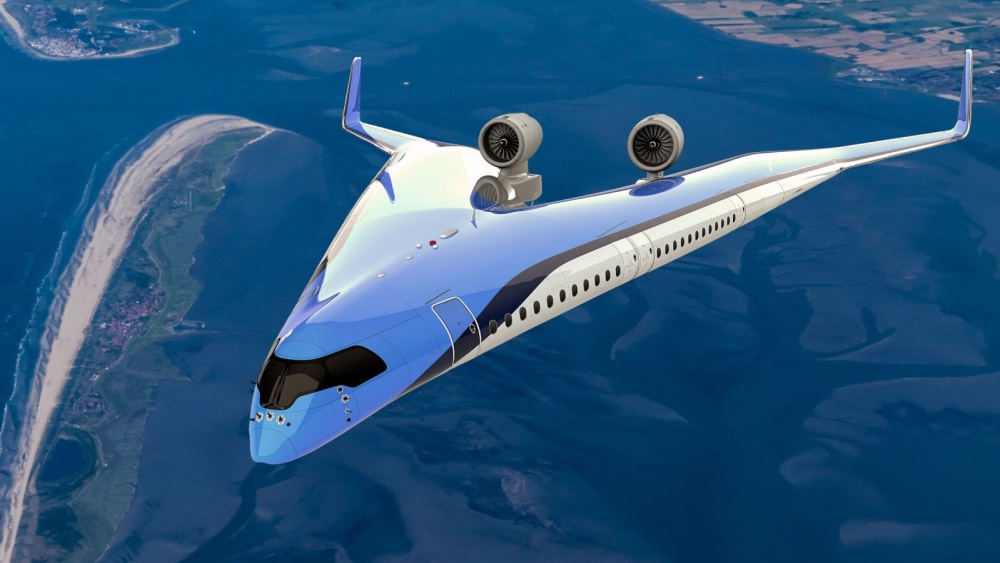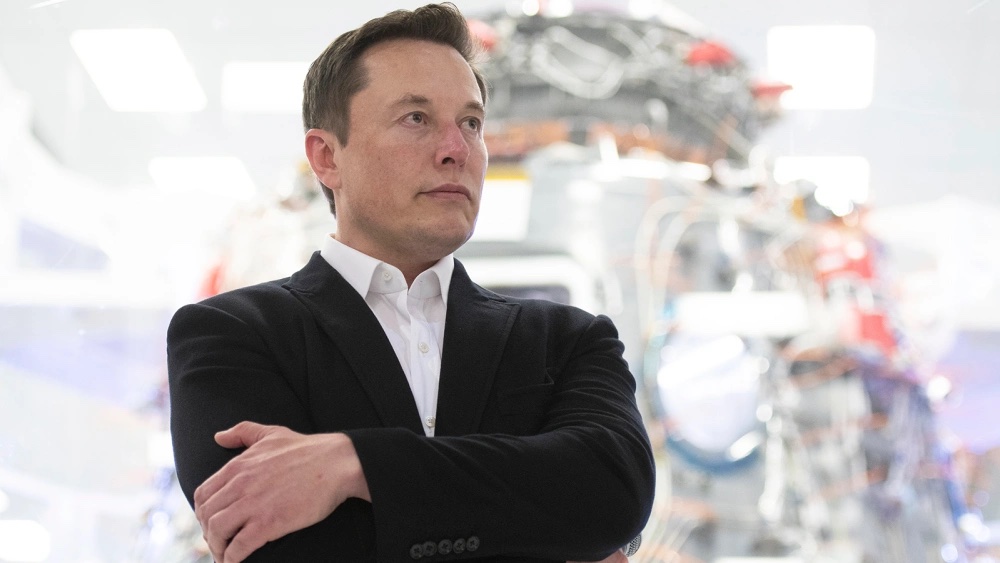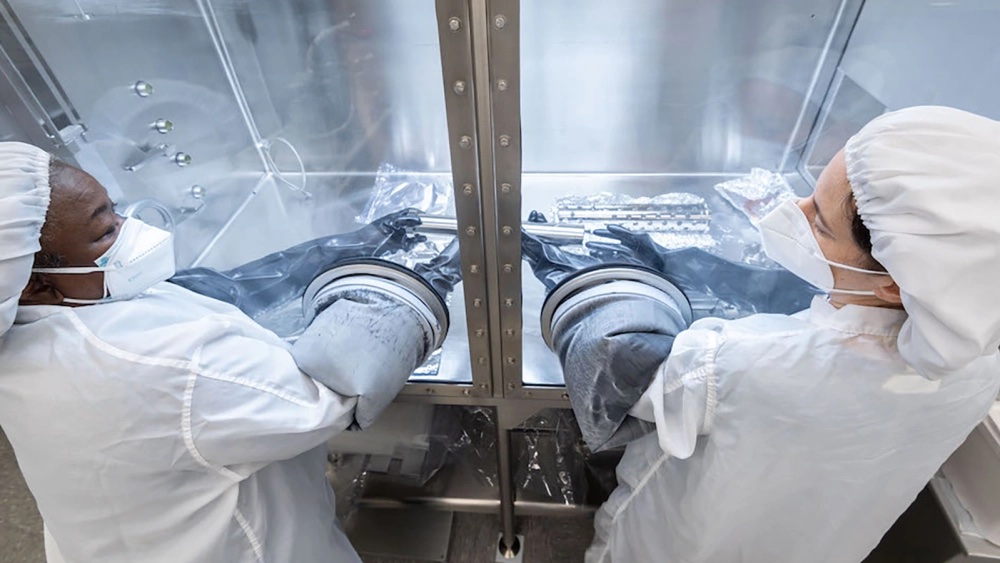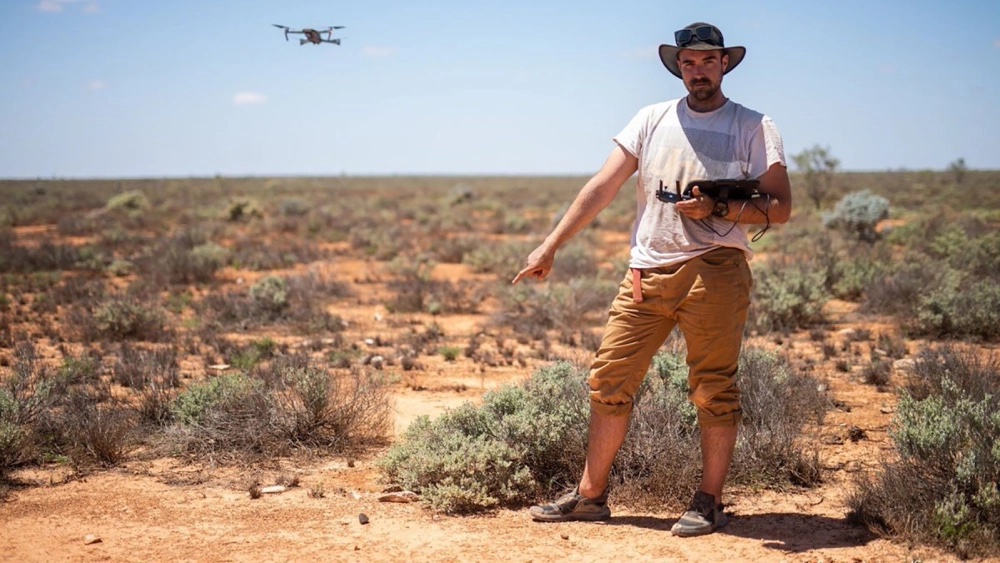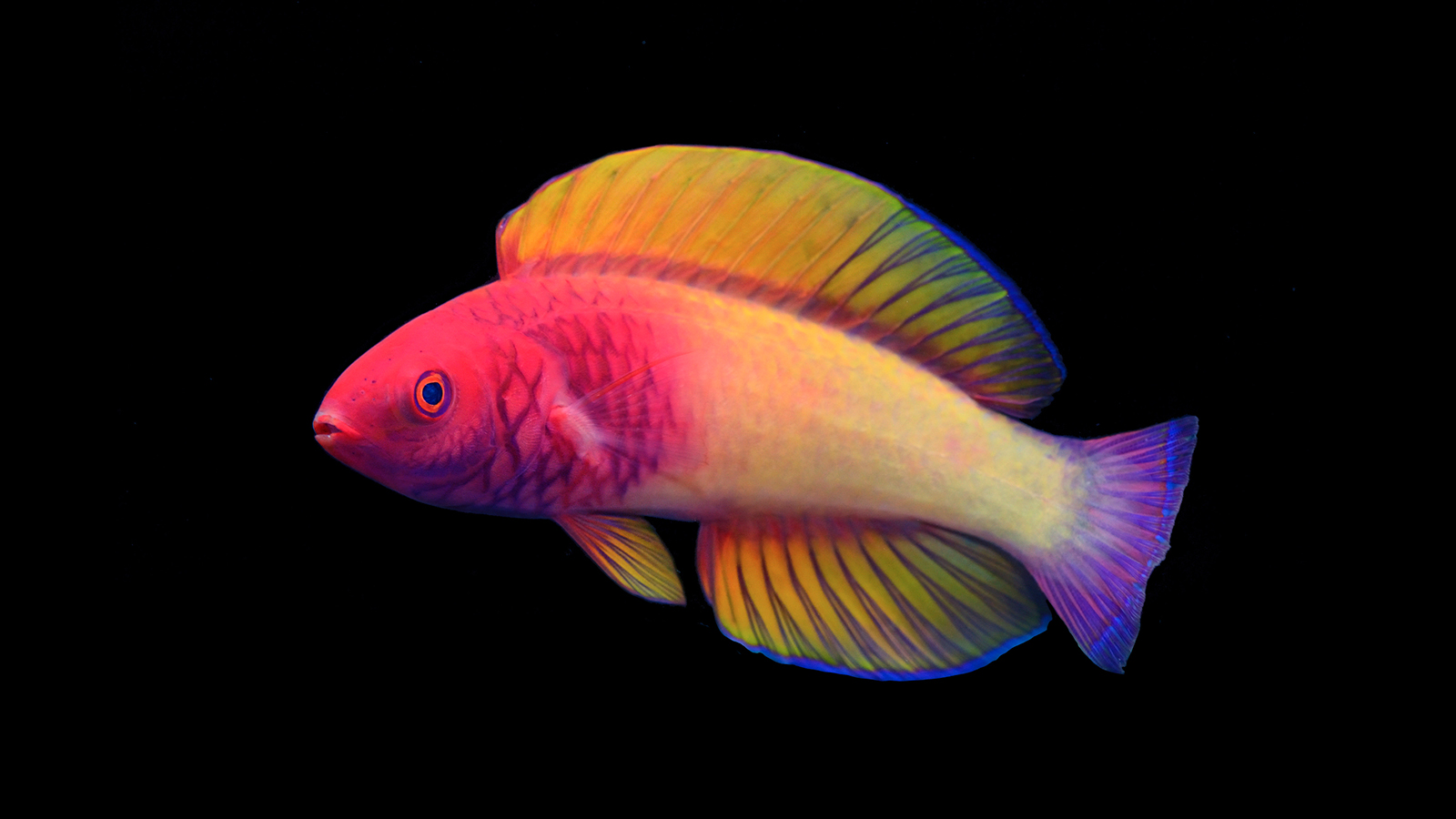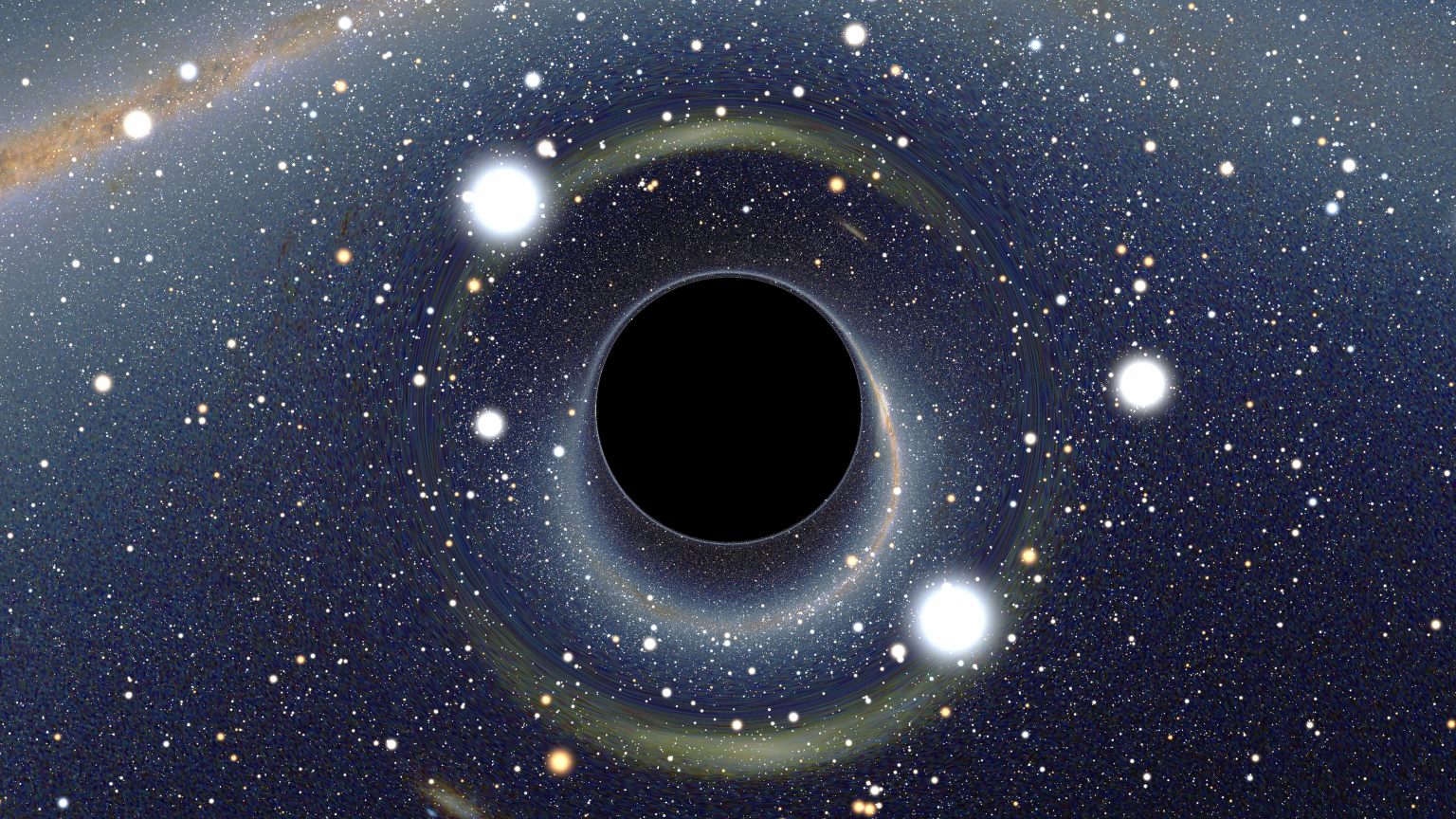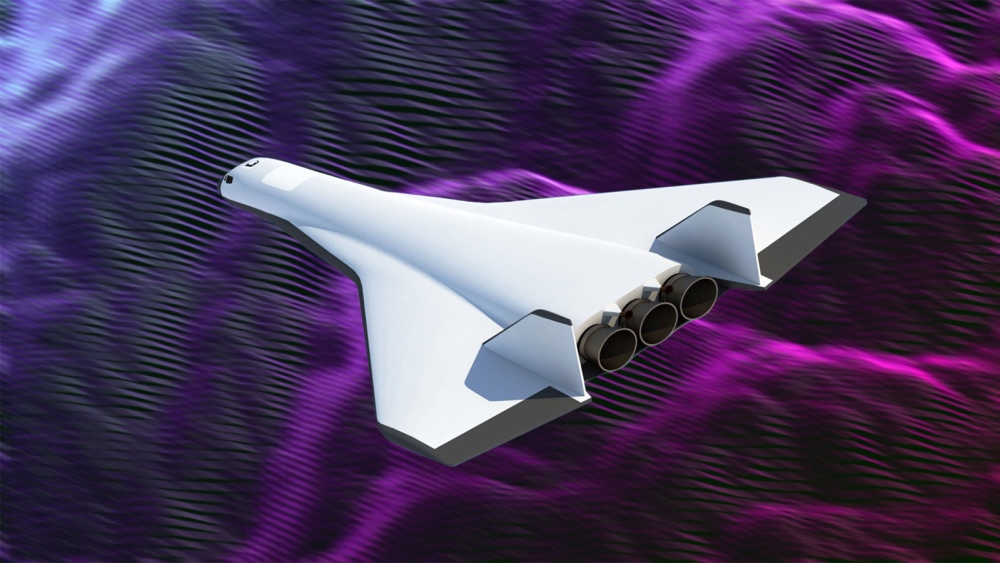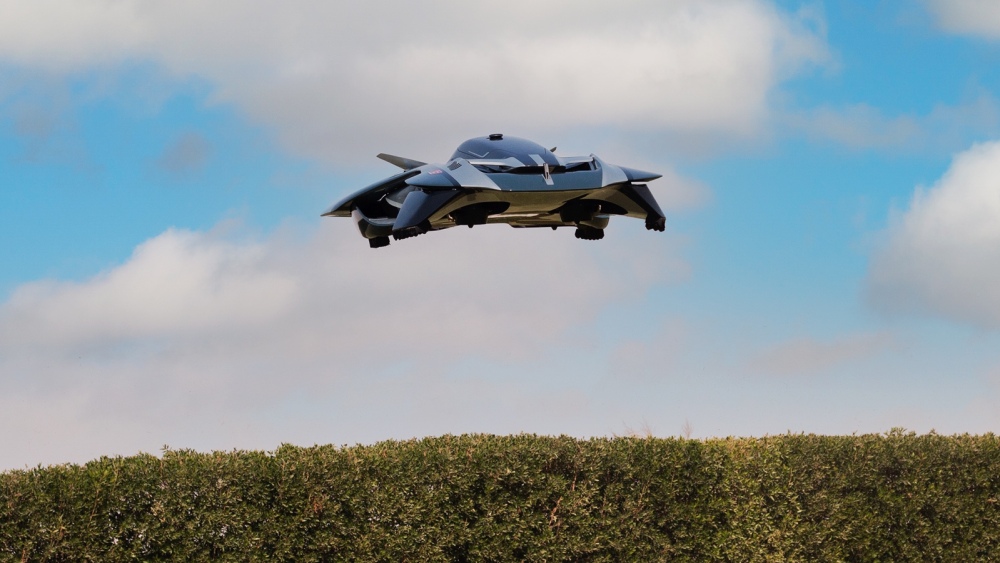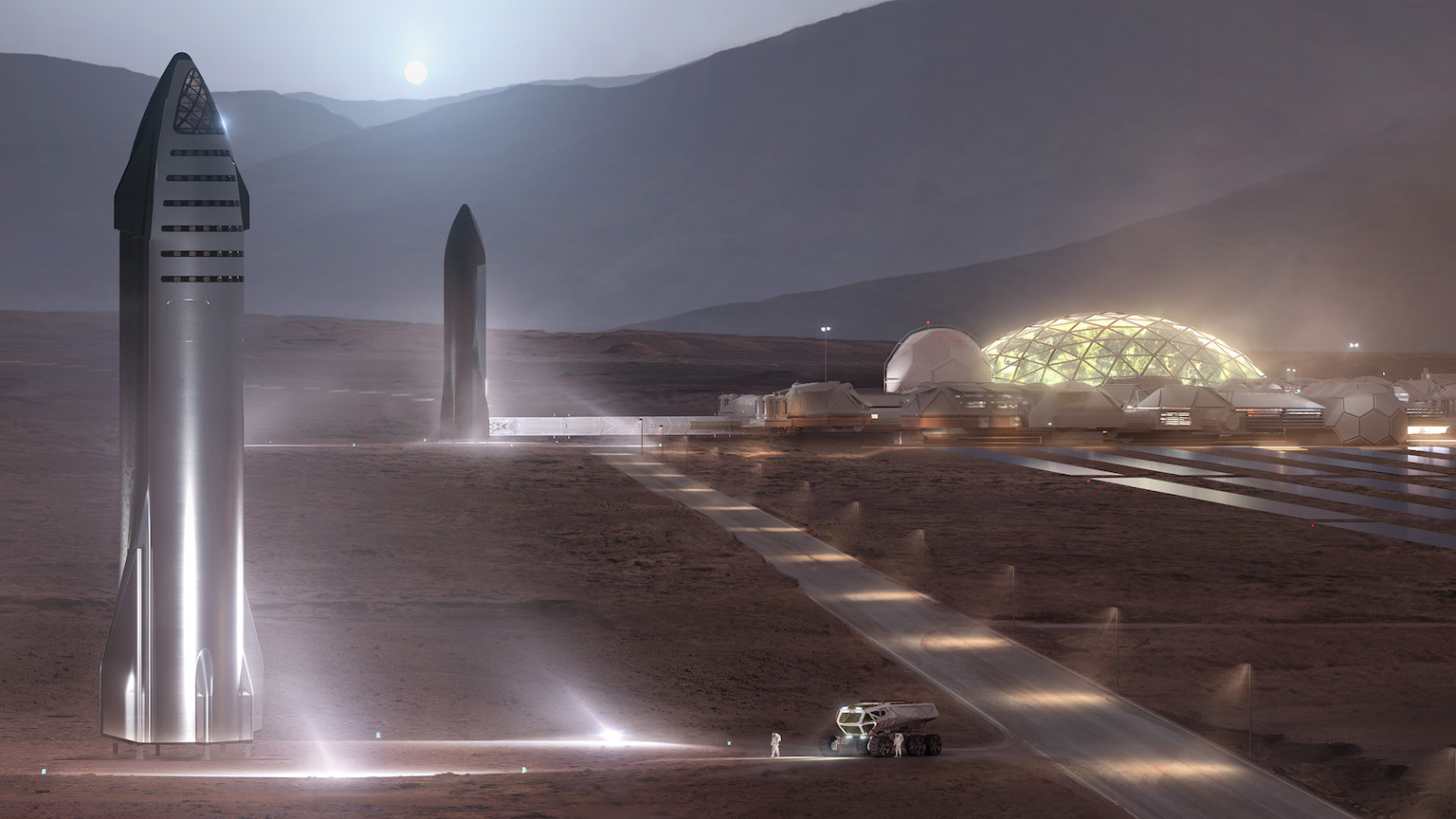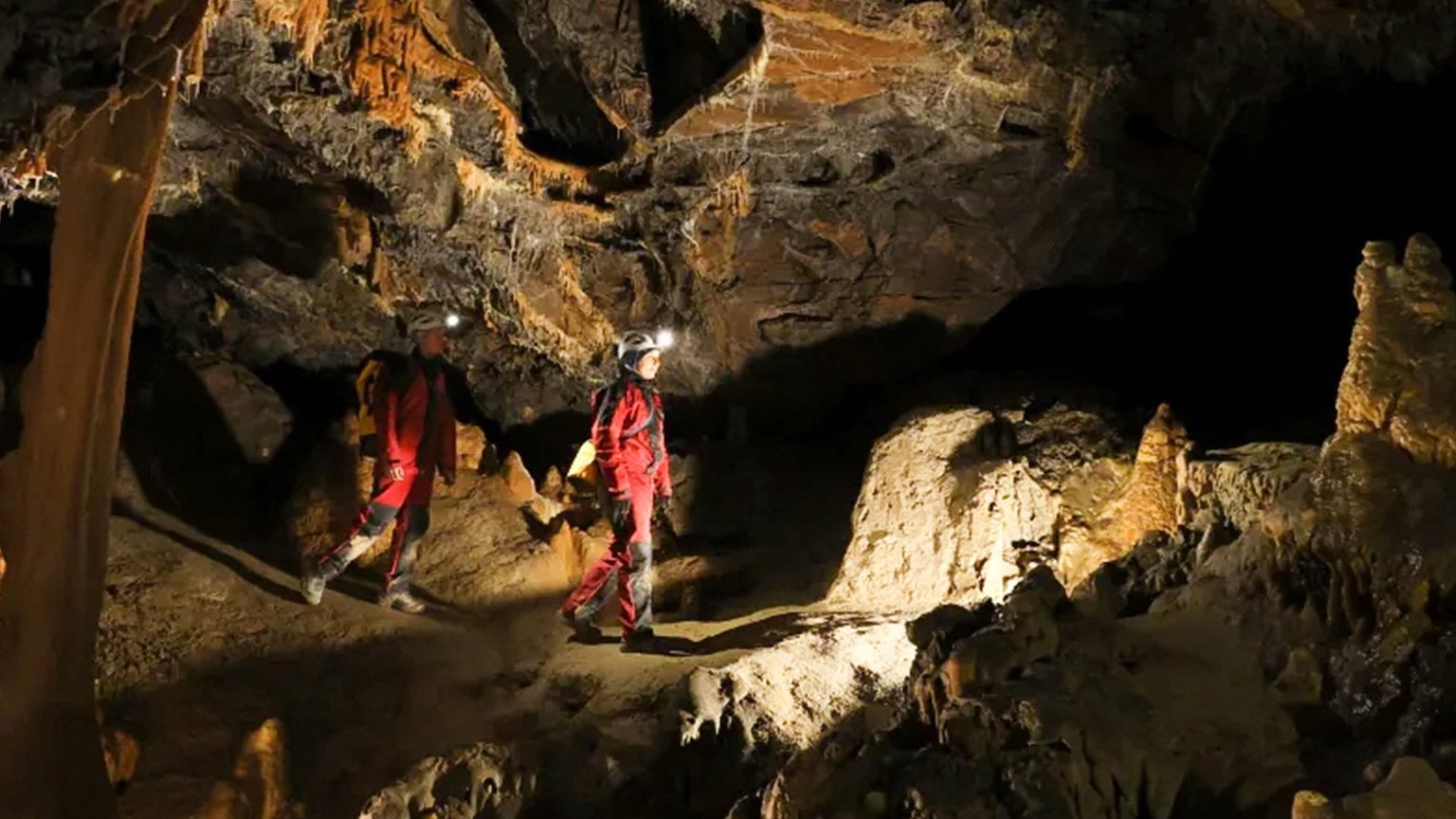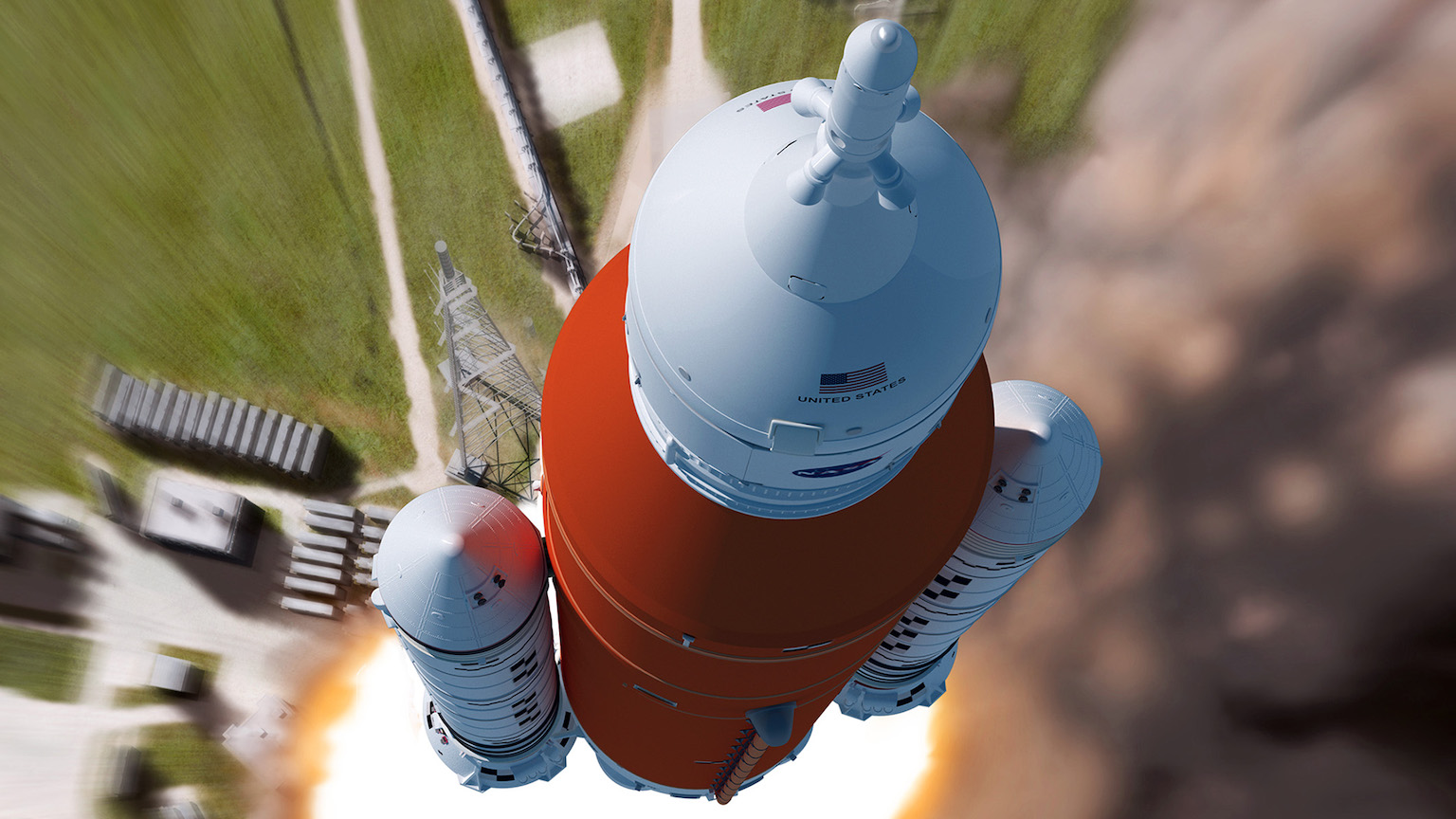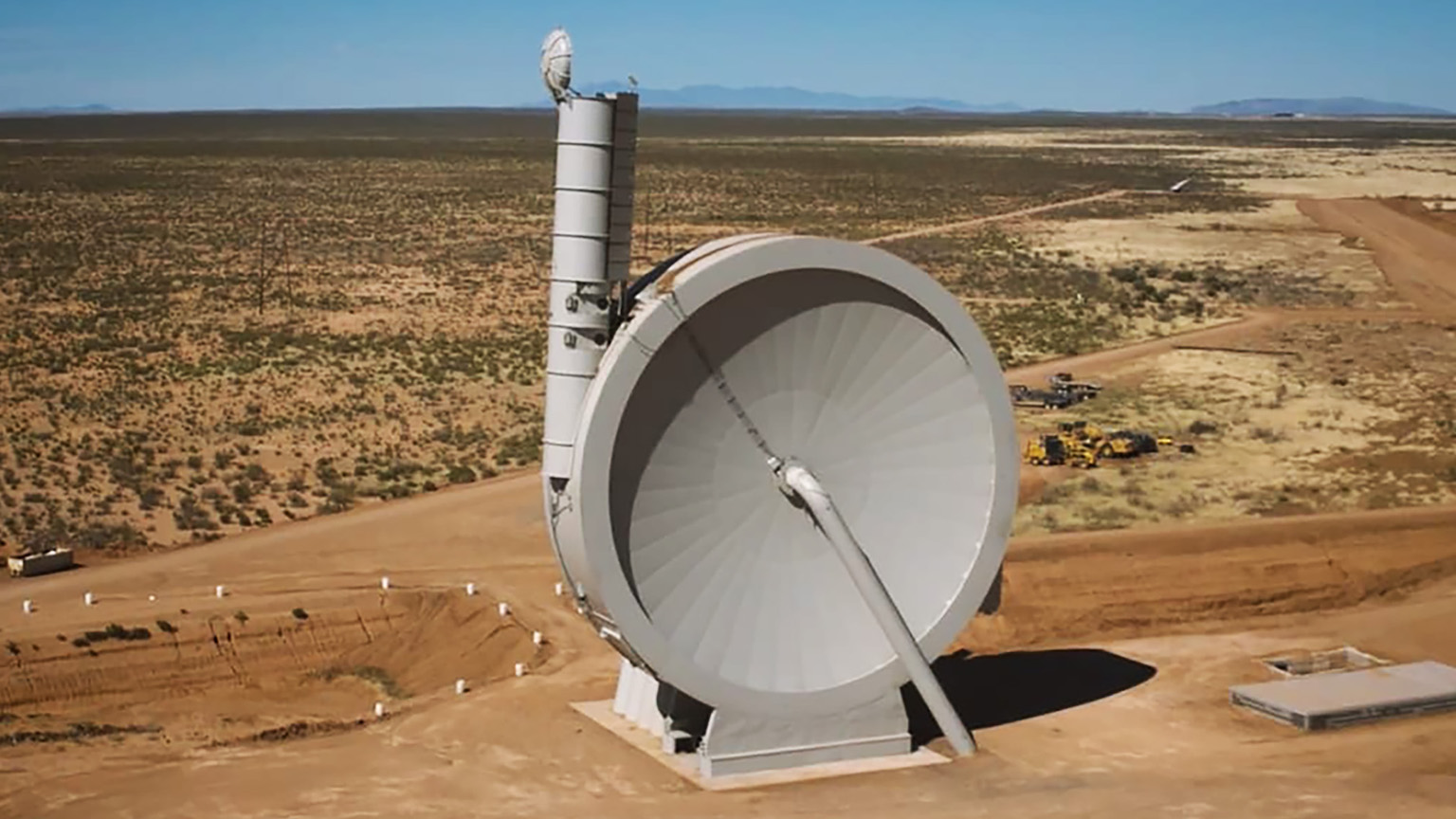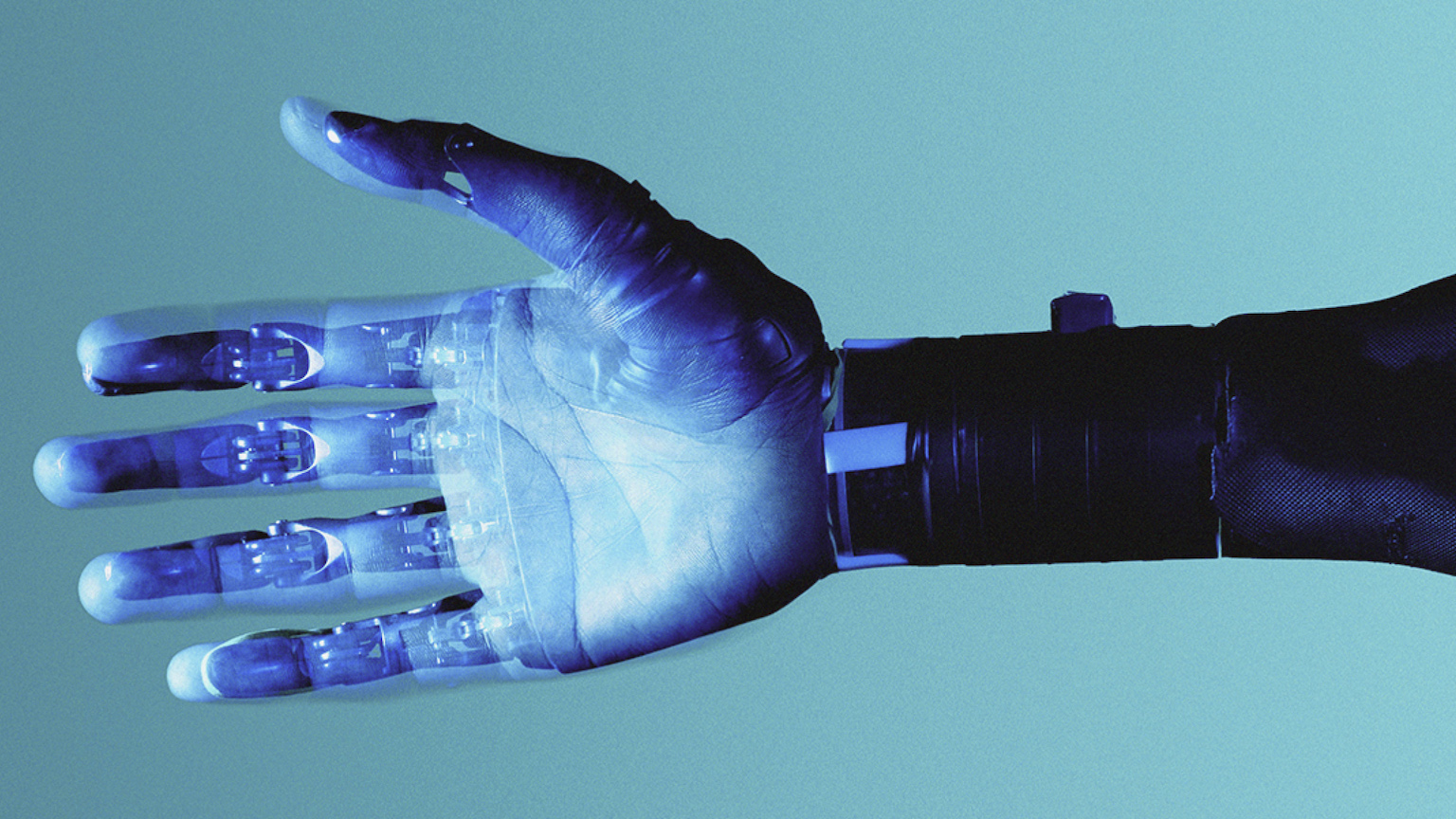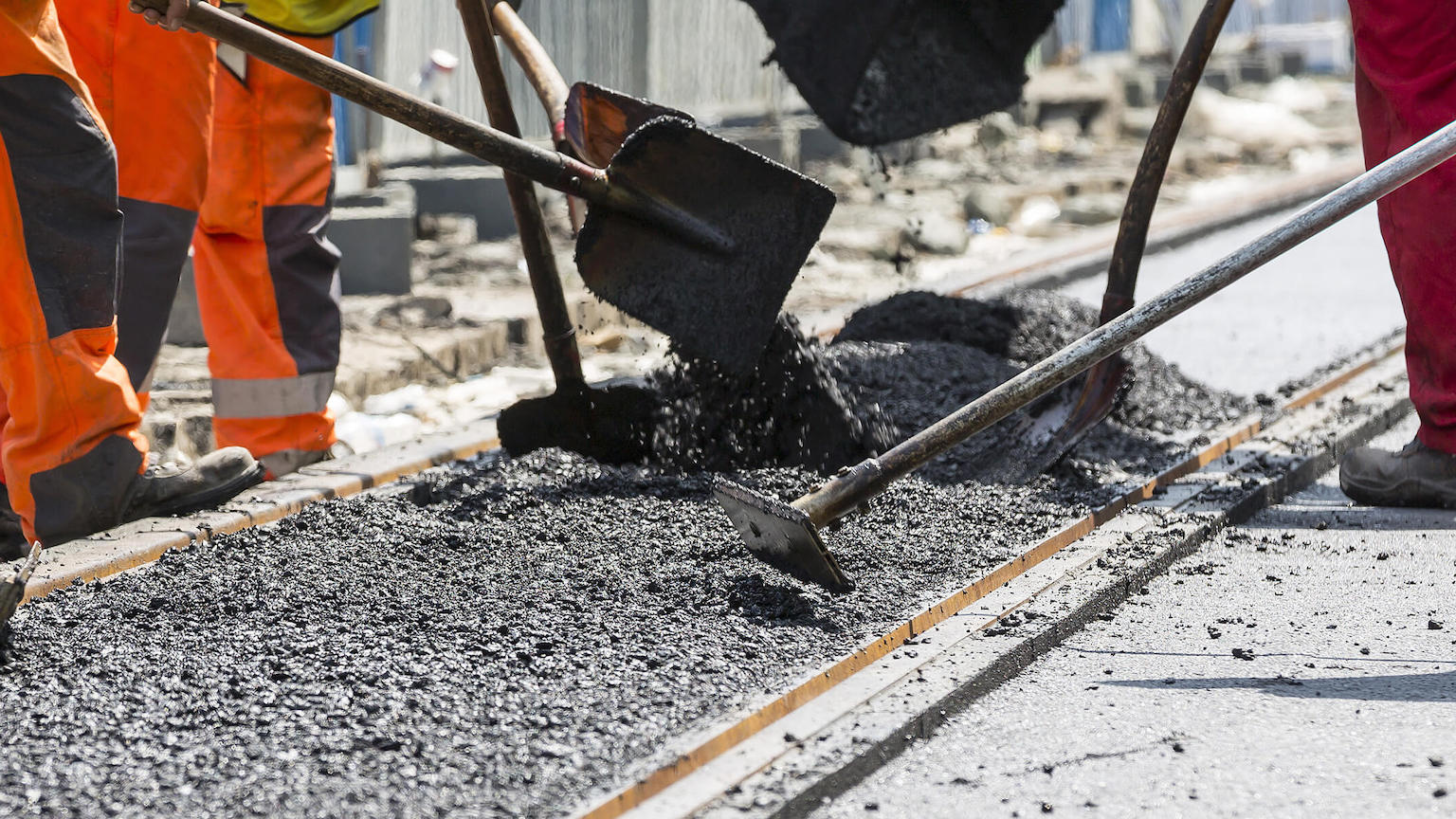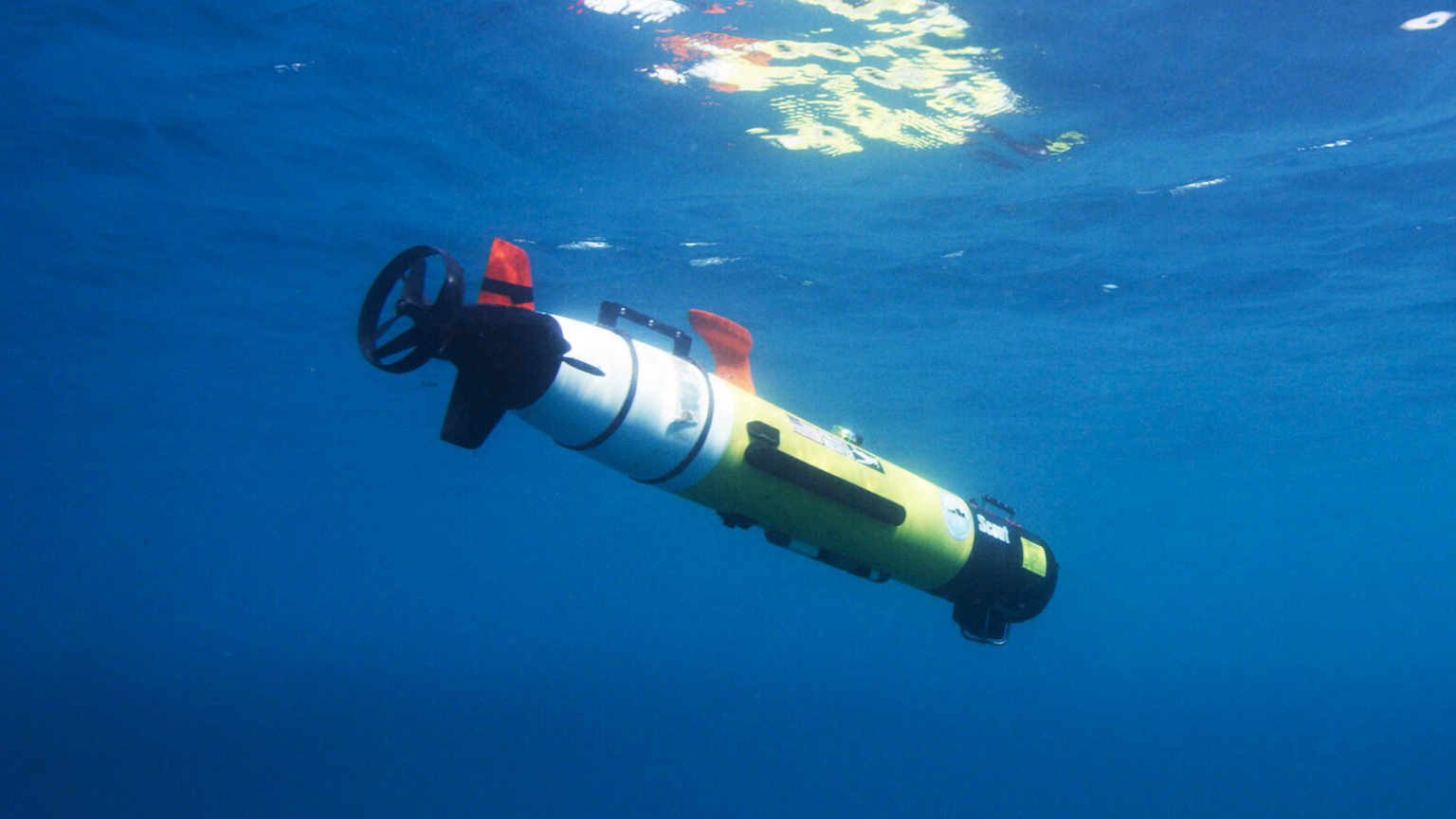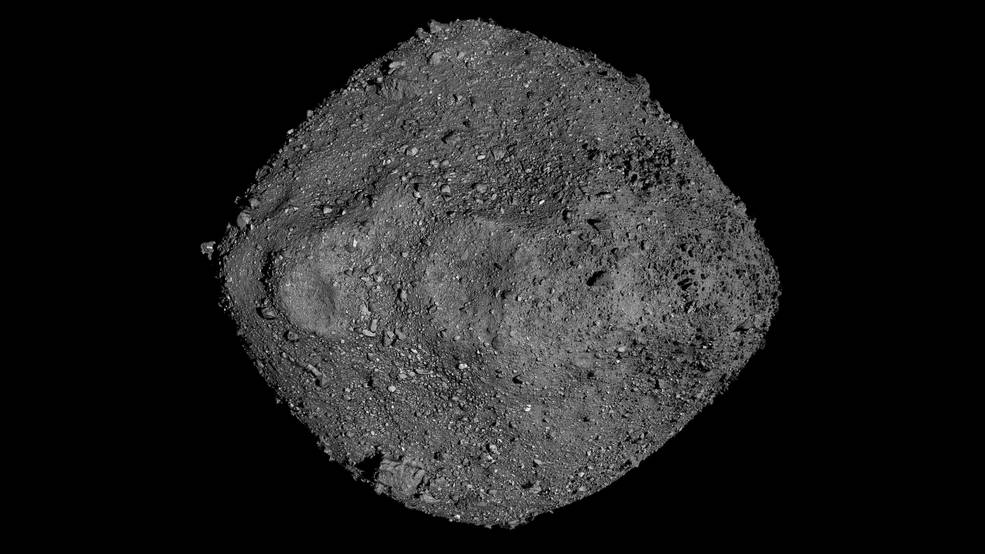Kristin Houser
Kristin Houser is a staff writer at Freethink, where she covers science and tech. Her written work has appeared in Business Insider, NBC News, and the World Economic Forum’s Agenda, among other publications, and Stephen Colbert once talked about a piece on The Late Show, to her delight.
Prior to joining Freethink, Kristin was a staff writer for Futurism and wrote several animated and live action web series.

A community in Austin, Texas is using geothermal energy to keep homes warm in the winter and cool in the summer.
The light from Earendel took 12.9 billion years to reach Hubble. The star is millions of times brighter than our Sun and 50 times as massive.
A radical redesign of commercial aircraft, called the flying-V plane, could increase fuel efficiency by 20%, greatly reducing emissions.
Spotty connectivity isn’t going to jeopardize Ukraine’s drone attacks.
Knowing that technology would advance in the future, NASA put some moon rock samples into storage without opening them. Now, they have.
Aerial drone footage was sent to an AI trained to track down space rocks.
Local researchers identify a striking rainbow-colored fairy wrasse found off the coast of the Maldives as a fish species all its own.
Zuranolone might help people feel better sooner than if they were relying on standard treatment alone.
Astronomers used supercomputers and an international network of antennas to create the stunning map.
Russia’s cyberattacks against Ukraine have been prolific and ongoing for several years. The future of war may begin in cyberspace.
A small study suggests that IMST is as effective as medications or 30 minutes of aerobic exercise.
The first recorded brain activity of a person during their death suggests a biological trigger for near-death experiences.
Space planes could radically lower the cost of spaceflight.
This flying car — more properly called an “electric vertical takeoff and landing (eVTOL) vehicle”
— will seat five and fly up to 135 mph.
Made from concrete, it cost 15% less per square foot to construct than a typical house.
The massive craft could carry 100 humans to Mars and revolutionize space exploration.
This article was originally published on our sister site, Freethink. Fifteen volunteers in France just spent more than a month living in a cave — without any way to tell time — […]
Space missions in 2022 will include massive rockets and asteroid collisions. This is also the year space tourism starts to hit its stride.
Historical geniuses used the “creative nap” to give their minds a boost. Apparently, the “hypnagogic state” can help with problem solving.
Water on Mars is key for human survival on the Red Planet, not just for drinking but for growing food and making fuel and oxygen.
SpinLaunch’s launcher, which is larger than the Statue of Liberty and works like the Olympic hammer-throw event, just came online in the New Mexico desert.
“This will be one of the most important datasets since the mapping of the Human Genome.”
It’s about 7.6 million times faster than what you probably have at home.
William Shatner is going to space because Jeff Bezos loves Star Trek.
The trial will test whether adding graphene to recycled asphalt can prolong the road’s lifespan.
His family has finally gotten closure after 50 years of uncertainty.
Asteroid Bennu is still far more likely to fly right by us than to make impact.


